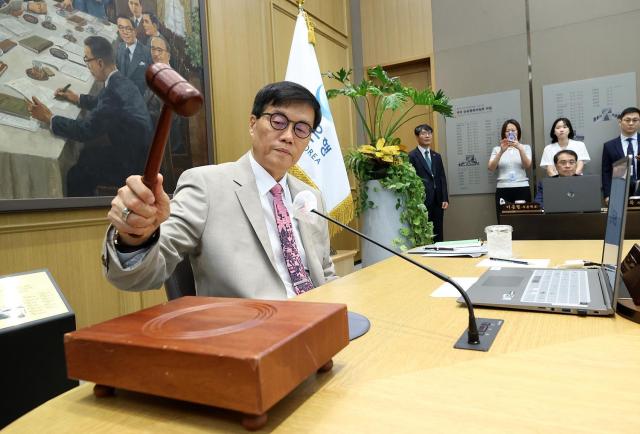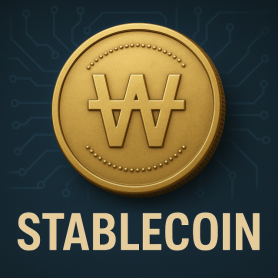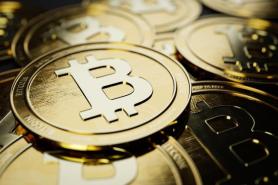
The decision underscores mounting concern within the central bank over asset bubbles forming in the capital region. In recent weeks, apartment prices in Seoul have accelerated at their fastest pace in nearly seven years.
“Stabilizing market sentiment to prevent further price surges in metropolitan housing and managing household debt are critical priorities,” said Rhee Chang-yong, the bank’s governor, during a news conference.
Data from the Korea Real Estate Board showed apartment prices in Seoul rose 0.43 percent in the fourth week of June from the previous week — the sharpest weekly gain since September 2018. The price rally has been accompanied by a spike in household borrowing.
Bank lending to households rose by 6.2 trillion won ($4.5 billion) last month, while total financial sector lending jumped 6.5 trillion won, marking the largest monthly increase in eight months.
In response, financial regulators in June rolled out tighter mortgage rules in Seoul and neighboring areas, capping home loans at 600 million won in an effort to curb speculative buying.
The central bank had begun cutting rates in October, lowering borrowing costs in successive moves aimed at reviving domestic demand and insulating South Korea’s export-driven economy from global headwinds, including protracted trade tensions with the United States. The rate is now down from a peak of 3.25 percent.
Still, policymakers remain cautious.
While domestic consumption is expected to recover gradually — bolstered by improving business sentiment and government stimulus — exports are forecast to lose momentum amid ongoing U.S. tariff actions and uncertainty surrounding trade negotiations.
The BOK maintained its inflation forecast at 1.9 percent for both headline and core consumer prices, in line with projections made in May. Officials expect inflation to hover around 2 percent this year, citing subdued demand-side pressures and stable global oil prices.
Copyright ⓒ Aju Press All rights reserved.




